
Power looks different when it wears pearls and signs contracts. These women didn’t follow scripts—they rewrote them. With sharp minds and relentless drive, they turned empires into personal projects and fortunes into statements. Each story ahead reveals just how creatively and boldly wealth can be won on one’s own terms.
Isabel Dos Santos

A $3.5 billion fortune doesn’t just appear. It’s constructed, deal by deal. Isabel dos Santos acquired major stakes in Angola’s telecom and banking sectors long before investigations clouded her empire. Critics debated her methods, but the business infrastructure she built reflected independent financial strategy, not inherited power or spousal support.
Wu Zetian
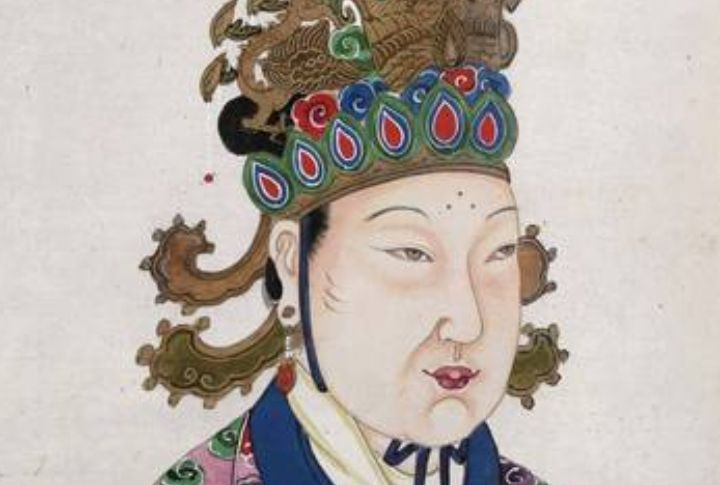
Ruling China as emperor in 690 AD, Wu Zetian used civil reform and tax control to consolidate wealth across dynastic borders. Few leaders—male or female—matched her fiscal foresight. Is it a coincidence that the Tang treasury peaked under her leadership? Well, her reign left behind more than power because it redefined who could hold it.
Oprah Winfrey
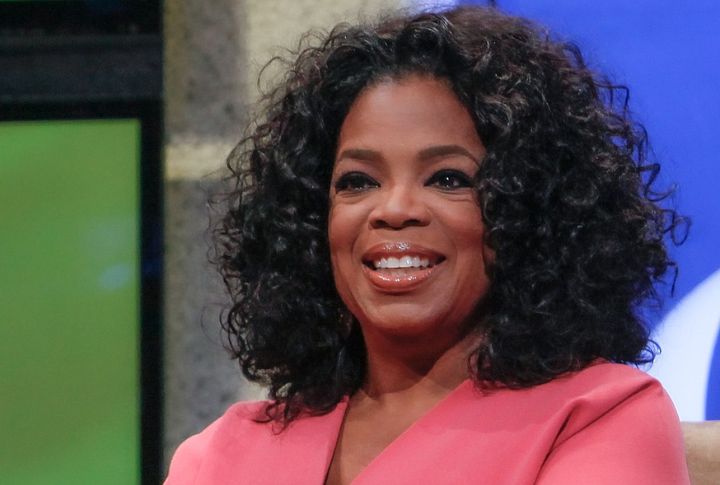
How does a talk show host end up with $2.8 billion? Oprah Winfrey took control early, owning production, content, shows, and syndication rights through Harpo Inc. Her media clout expanded into health and streaming. While others chased fame, she chased ownership. It’s evident her fortune came through strategy.
Jeanne De Clisson

Wealth from war? That’s how Jeanne de Clisson funded her pirate fleet after selling family assets. Her ships hunted French vessels, and her spoils piled up—not through dowry or diplomacy but through deliberate vengeance. The “Lioness of Brittany” turned her fortune into firepower and sailed toward revenge rather than romance.
Gina Rinehart

Reviving a near-bankrupt mining firm sounds daunting, unless you’re Gina Rinehart. She transformed Hancock Prospecting into a billion-dollar powerhouse, securing iron ore deals that catapulted her to the top of Australia’s wealth list. Legal storms followed, but her boardroom maneuvers kept her ahead. Her wealth was truly engineered, not handed down.
Madame C.J. Walker
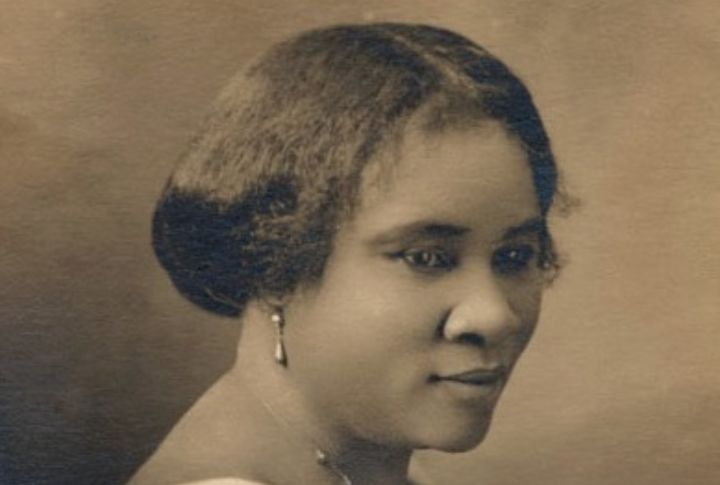
In 1910, a Black woman built a beauty empire that employed over 20,000 agents. Madame C.J. Walker invented opportunity through product innovation and word-of-mouth marketing. Her wealth exceeded $1 million. Success came not from legacy, but from door-to-door hustle and homemade formulas.
Elisabetta Sirani
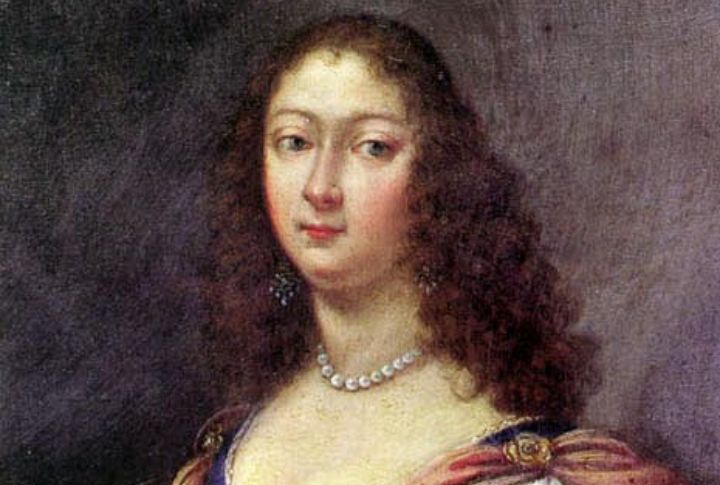
Portraits, altarpieces, and commissions funded Elisabetta Sirani’s household in 17th-century Italy. Even her ailing father relied on her earnings. Few artists, let alone women, ran their own studios with such acclaim. Every stroke of her brush paid the bills—not as a passion project, but as the family’s only income stream.
Folorunsho Alakija

An oil license from Nigeria’s government became Folorunsho Alakija’s billion-dollar gateway. Famfa Oil struck reserves in the mid-1990s, and by 2014, she outpaced Oprah as the world’s richest Black woman. What started in fashion morphed into petroleum profits. Her ascent had no romantic subplot—just contracts and crude.
Taylor Swift

Ownership changed everything here. Taylor Swift’s catalog re-recordings and Eras Tour earnings—over $1.5 billion—were strategic. By 2024, her net worth exceeded $1.1 billion. Behind the glitter sits a sharp business model, rather than a romantic narrative. No contracts were co-signed with a man. She signed and owned every deal outright.
Laskarina Bouboulina
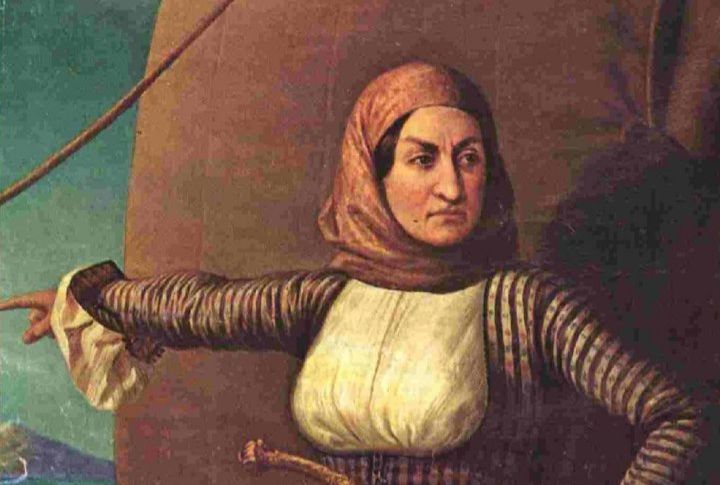
Financing an entire naval fleet? That’s how Laskarina Bouboulina backed the Greek War of Independence. Liquidating real estate, she built warships and fought the Ottomans directly. Her wealth was a tool of resistance, as she didn’t indulge. Her story sailed into maritime legend fueled by her own gold.
Sayyida Al Hurra
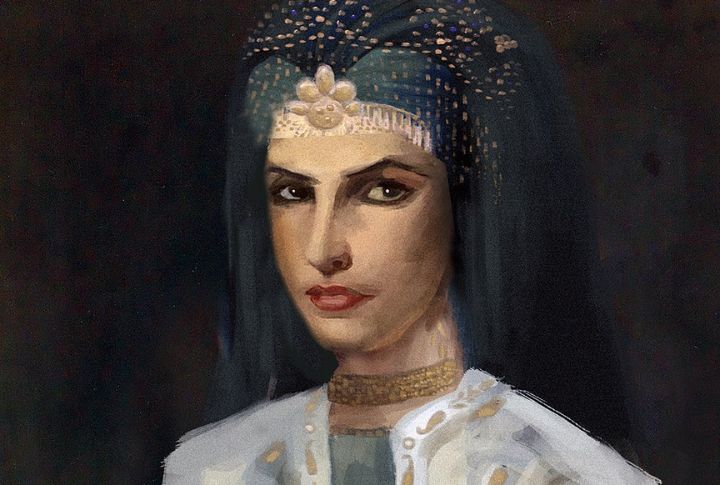
Naval alliances and piracy in the 16th century turned Sayyida al Hurra into one of the Mediterranean’s wealthiest power players. She taxed fleets and collaborated with Ottoman corsairs. This woman’s treasury grew through dominance, with her influence spreading across seas without wedding rings.
Meg Whitman
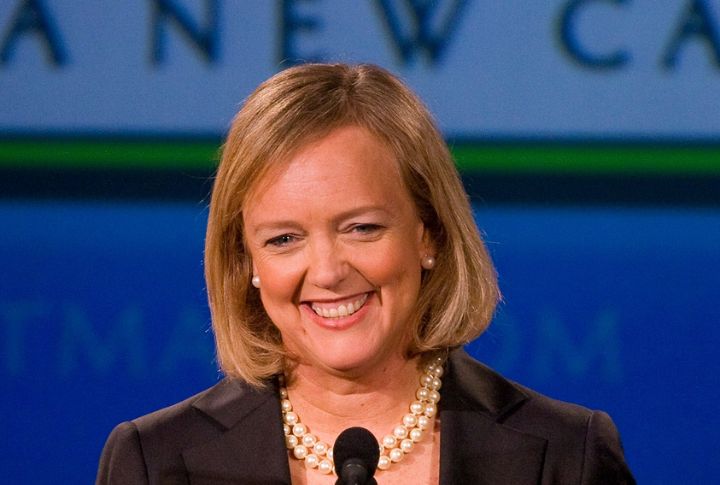
Scaling eBay from $5.7 million to $8 billion in sales required more than vision demanded; it required relentless execution. Meg Whitman’s leadership helped define Silicon Valley’s late ‘90s boom. Beyond stock options, acquisitions, and IPOs, her wealth was built. As time passed, the fortune grew from data, and today, tech boards still seek her out.
Hatshepsut
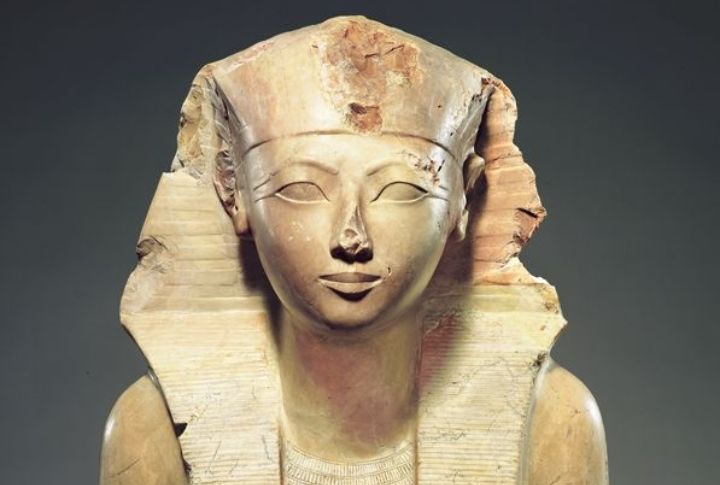
Few Egyptian pharaohs expanded trade like Hatshepsut. She opened direct routes to Punt, importing gold and exotic goods that fortified Egypt’s economy. With her, military might took a backseat to commerce. She ruled without a king by her side—just deals, ships, contracts, and smart redistribution of wealth through state channels.
Doris Duke
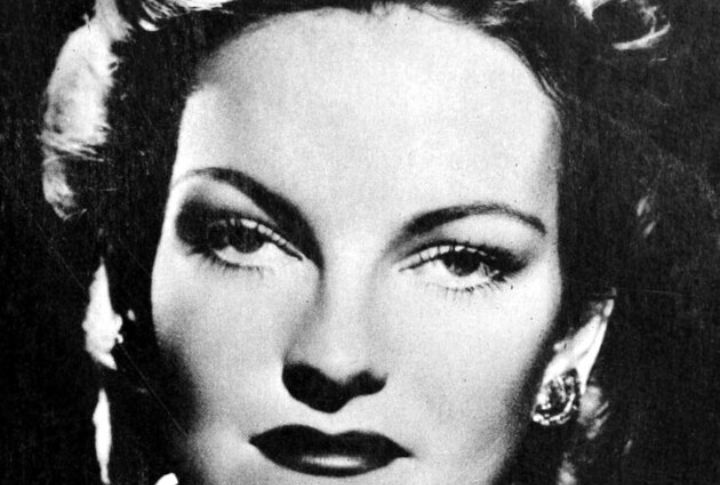
Receiving $100 million at age 12 challenged Doris Duke to grow wealth. Through real estate and philanthropy, she expanded her estate to over $1.3 billion by the 1990s. Independence marked her life choices, and privacy was her currency. Men came and went, but the fortune stayed.
Irene Rosenfeld
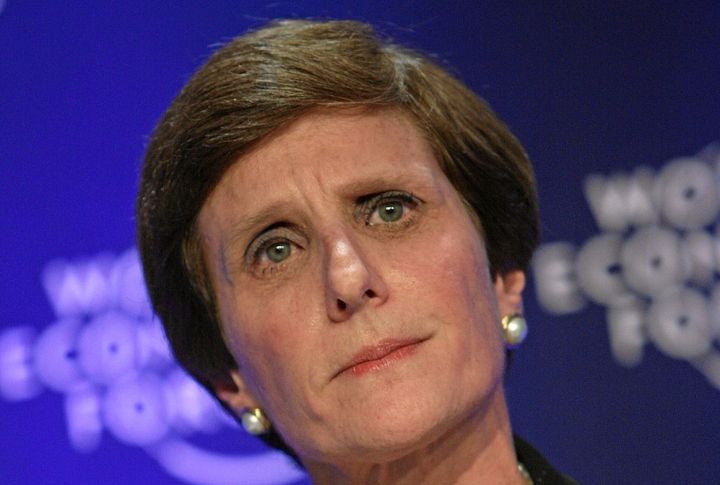
Can restructuring a snack empire bring personal millions? For Irene Rosenfeld, leading Kraft’s spin-off into Mondelez International meant overseeing $19 billion in mergers. The Nabisco deal alone reshaped the grocery aisles globally. Such earnings reflected her impact. No executive spouse stood behind her success—it was built one boardroom decision at a time.
Helena Rubinstein
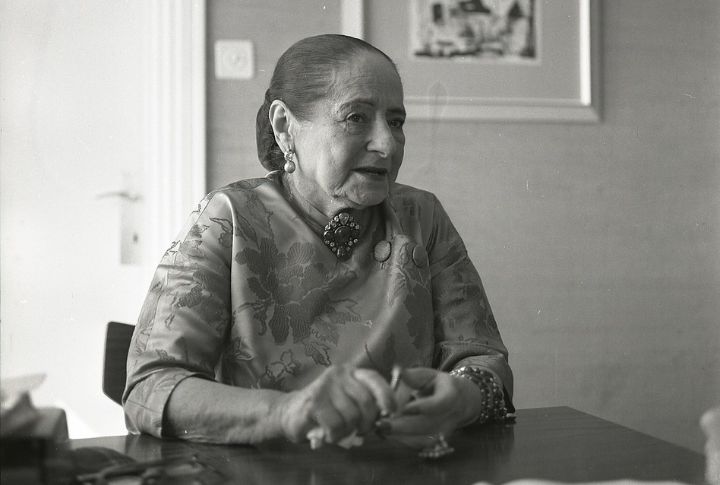
Salons and marketing savvy fueled Helena Rubinstein’s international beauty empire. Her scientific approach gave her products credibility before the industry even had rules. By 1956, she’d amassed $60 million. However, she wasn’t part of the aristocracy but was sold to them. That wealth came from science, instead of marriage or inheritance.
Melinda French Gates
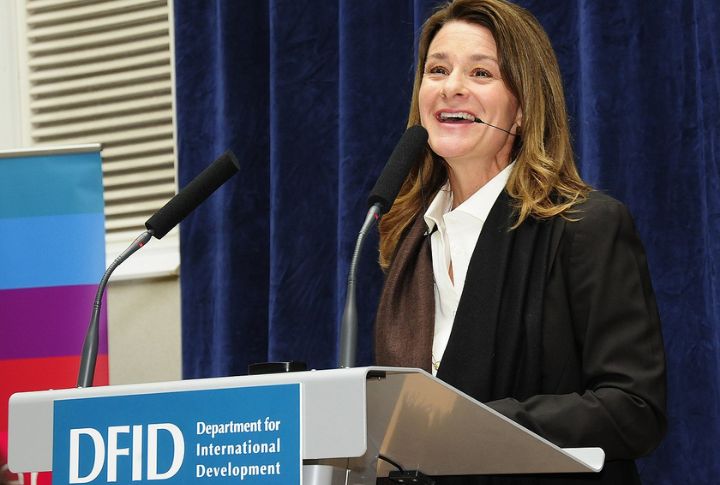
A $6 billion portfolio post-divorce? Melinda French Gates didn’t retreat—she redefined her impact. Through Pivotal Ventures, she funds women-led innovation and education worldwide. The public spotlight never overshadowed her autonomy. Melinda steered her own course with quiet power, influencing policy and philanthropy without relying on any romantic attachment.
Empress Dowager Cixi
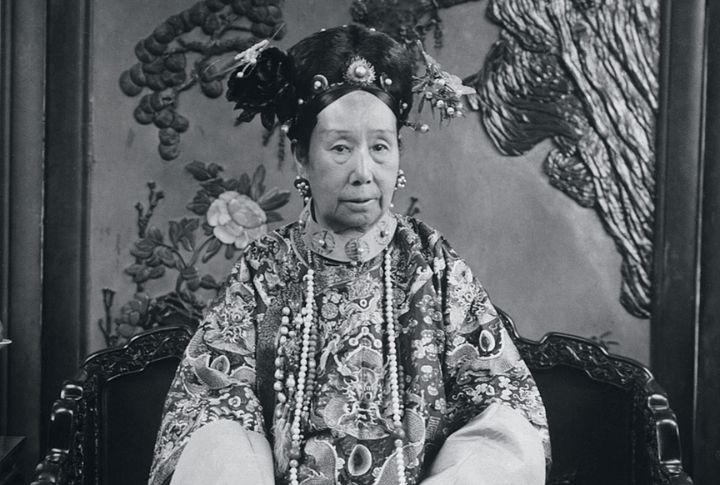
For nearly five decades, Empress Dowager Cixi orchestrated China’s finances, reallocating silver reserves and overseeing naval budgets. Western diplomats feared her command of state assets. That was because authority radiated from her throne, not from emperors or arranged power shares.
Zhang Xin
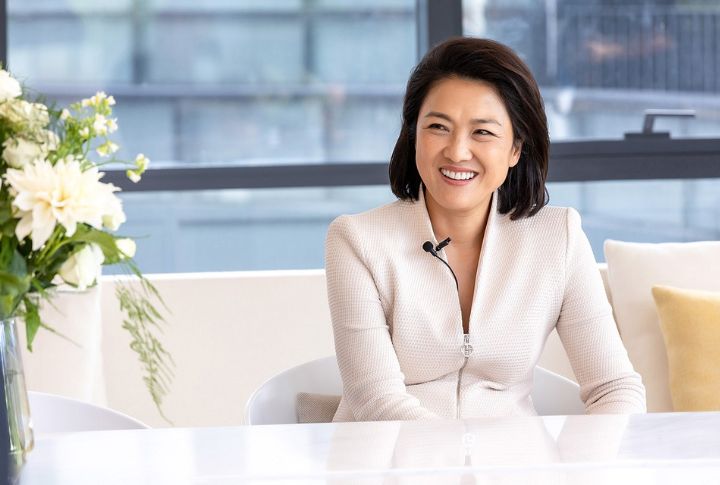
From factory floors to Beijing’s skyline, Zhang Xin’s career spanned continents. Her firm, SOHO China, led multibillion-dollar real estate deals across China. Beyond handling mergers, she made skyscrapers her signature and boardrooms her battlefield. Obviously, Zhang’s wealth didn’t depend on a partner, but on steel, bricks, glass, and grit.
Cleopatra VII
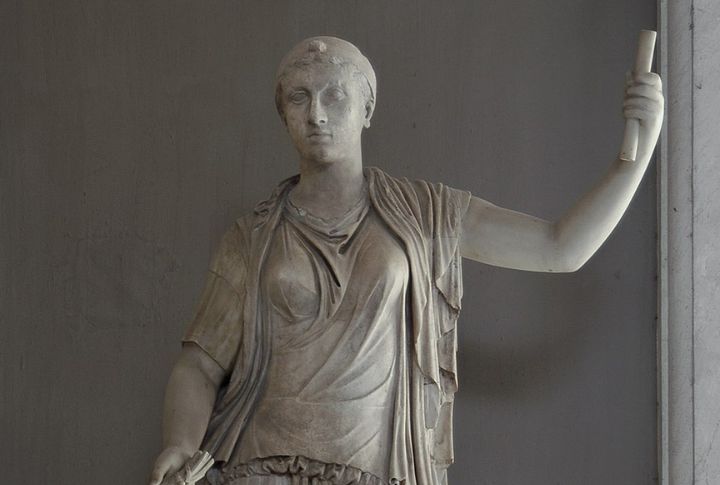
Cleopatra’s genius went far beyond Cleopatra’s lovers. She overhauled Egypt’s currency while reorganizing taxes and prioritizing trade routes that outmaneuvered Roman influence. With that, exports also flourished. Her nation’s treasury owed more to her reforms than to alliances. The gold that flowed was from smart governance rather than romance.
